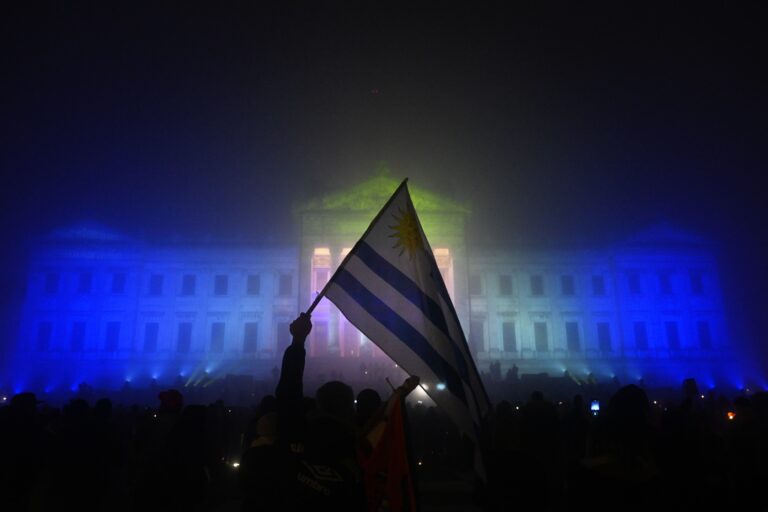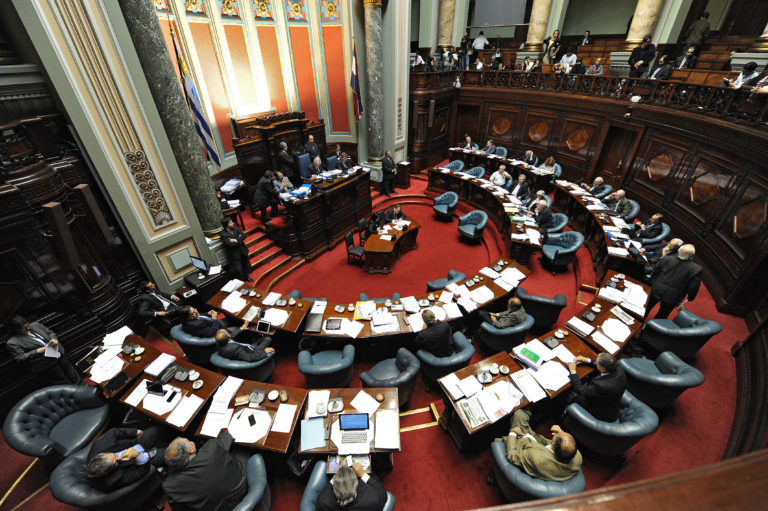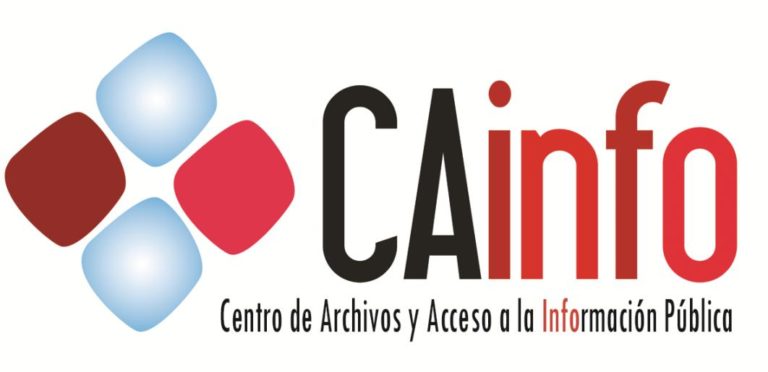(AMARC/IFEX) – AMARC welcomes the Uruguayan government’s decision to apply new mechanisms for the granting of broadcast licenses with the objective of providing for greater transparency and equal opportunity in access to media outlets. Decree No. 374, approved on 4 August 2008, which applies to commercial radio and television broadcasting compliments the Community Broadcasting Law […]
(AMARC/IFEX) – AMARC welcomes the Uruguayan government’s decision to apply new mechanisms for the granting of broadcast licenses with the objective of providing for greater transparency and equal opportunity in access to media outlets.
Decree No. 374, approved on 4 August 2008, which applies to commercial radio and television broadcasting compliments the Community Broadcasting Law passed in December 2007, which also established regulations that compare favourably to the most advanced Inter-American human rights standards.
The new regulation includes transparency in the awarding of licenses, guarantees for equal access, the promotion of diversity in the media, the opening of institutional spaces for citizen participation and the creation of an advisory body that will oversee the procedures used for granting of frequencies.
AMARC believes that the new legislation fulfills the highest Inter-American human rights standards and incorporates the recommendations of the Inter-American Commission on Human Rights in its consideration that “in competitions and the awarding of licenses for use of the broadcast spectrum, States should endeavour to apply, under the principle of equal opportunity, procedures that are transparent, independent and open with clear, objective and reasonable criteria, that avoid any discriminatory policies based on the editorial line of the media outlet.”
The decree establishes the obligation to conduct public and open calls for proposals and the adoption of competitions to select from among those interested, thus modifying the arbitrary and discretionary legislation that was previously in effect.
The new legislation also establishes unambiguous and appropriate criteria for the evaluation of proposals, the carrying out of public consultation processes to allow for citizen participation and the creation of an Independent Advisory Committee to scrutinise the entire process and ensure its transparency.
Within the evaluation criteria established by the Ministry for Industry, Energy and Mining (Ministerio de Industria, Energía y Minería, MIEM), applications from individuals or legal entities that are not currently holders of radio or television broadcasting licenses will be evaluated in a process designed to prevent concentration of media ownership and control.
Proposals that include community service elements that are not being provided by other media outlets will also be considered, in particular those that tend to favour cultural programming applicable to the local setting, those that offer a larger number of employment opportunities with the application of progressive labour standards and those that plan to grant free airtime to organisations involved with social issues.
The Independent Advisory Committee will make decisions about the proposals that are submitted. The committee will be composed of representatives from public and private universities, broadcasters, members of professional associations of journalists, freedom of expression organisations and independent producers of audiovisual materials.
For the complete decree (in Spanish only), see:
http://legislaciones.item.org.uy/files/Decreto_Asigna_Radiodif_ComercialAnalogica.pdf
For further information on the Community Broadcasting Law see: http://ifex.org/fr/content/view/full/87839


